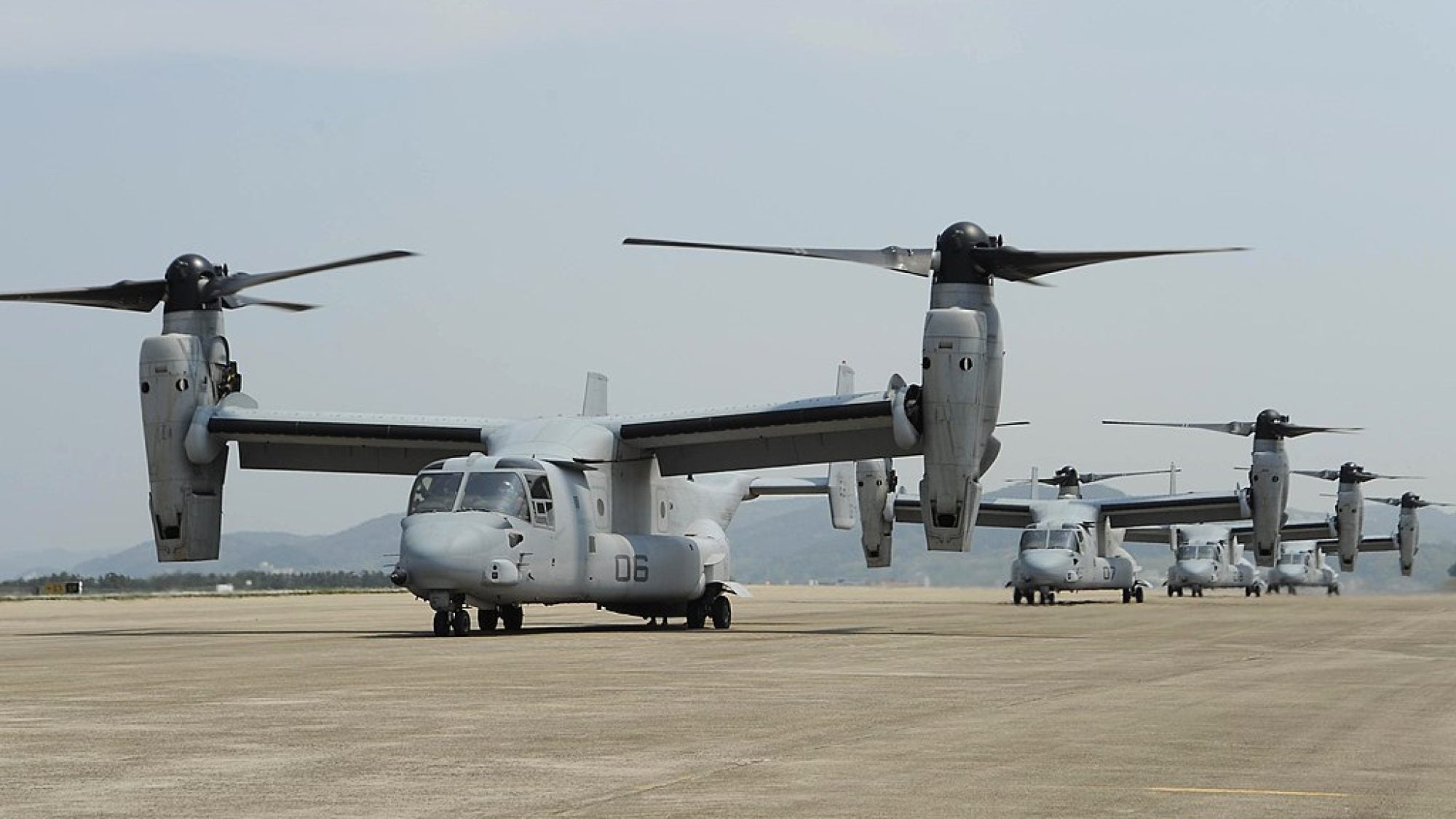
Title: South Korea’s Unsustainable Military Build-Up
South Korea takes immense pride in its powerful military. According to Globalfirepower.com, South Korea (or the ROK) ranked 8th overall in military strength. Indeed, Scott Snyder’s recent CSIS report argues that one noteworthy trend of late “is South Korea’s emergence as a producer rather than a consumer of international security goods despite an ongoing threat from North Korea (or DPRK).” However, there are several factors at play that do not bode well for the ROK’s recent military build-up. They show that absent America’s long-term presence in the Far East, the ROK will have difficulty meeting its security needs.
The Operational Control transfer scheduled for 2015 and the perceived threat from North Korea are key to understanding ROK’s capital-intensive militarization. ROK Navy Rear Admiral (Lower Half) Kim Duk-ki wrote that North Korea’s “asymmetric assets [in the form of special operations forces, cyber threats, and nuclear weapons] … will pose a serious threat to the ROK military.”
To offset its strategic vulnerabilities, the ROK implemented a vigorous procurement and acquisition of state-of-the-art weaponry and indigenous research and development programs for its local defense industries. To update its aging combat aircraft, the ROK Air Force plans to purchase sixty stealth fighters through its KFX-III (Korean Fighter eXperimental-III) Program. The ROK military, however, shelved plans to purchase the RQ-4 Block 30 Global Hawks, given what they believed were prohibitive costs. Another outcome of South Korea’s militarization is the expansion of the ROK Navy. ROKN’s active anti-piracy campaigns in the Gulf of Aden, and its blue-water navy warships capable of “operat[ing] anywhere in the world,” may suggest that the ROK has become a great regional naval power and beyond.
Despite ROK’s latest military build-up, defense analysts still express concerns about ROK’s ability to defend itself after the wartime OPCON transfer in 2015. Their concerns are threefold: the budgetary and institutional handicaps inherent within South Korea’s strategic framework and the domestic zeitgeist that is opposed to further militarization of the ROK. One must also consider South Korea’s territorial dispute involving Dokdo/Takeshima which has strained the ROK-Japan alliance, and South Korea’s growing concerns about handling China’s ascendancy.
Of the three factors, perhaps most significant are the budgetary and operational limitations within the ROK military. According to the CSIS Report on Asian Defense Spending, increase in “South Korea’s total defense spending did not unfold in a linear manner.” If “[a]nalyzed by percentage share of total defense spending, personnel spending remained nearly constant for all years, whereas Operation & Maintenance experienced growth, and Defense Procurement and Defense Research & Development both declined.” Michael Raska believes that such trend reflects “the political will to allocate the required resources has been constrained by economic pressures and the imperative to sustain South Korea’s socio-economic stability and growth.” Worse still, Raska contends that ROK military’s operational capabilities are severely undercut by “institutional rigidity, intellectual conservatism and path dependence” and “a range of technical and inter-operability problems in conducting full-spectrum joint military operations with their US counterparts.” In light of America’s current plans to realign its military presence in Asia, these shortcomings are particularly troubling.
Lastly, as Lt. Scott Cheney-Peters and Richard Weitz show in separate articles, the ROK citizens remain stridently opposed to the central government’s endeavors to fortify Paeknyŏng and Cheju Islands. Of the two, attempts to convert Cheju into a staging area and a forward operating base for ROKN have met the fiercest opposition. In addition to deep-seated regionalism at play similar to the dynamics on Okinawa, Christine Ahn contends that 94 percent of the Kangjŏng residents voted against the base because they feared their island may serve American interests in the nascent Sino-American rivalry. Indeed, some experts agree that the ROK’s strained relationship with China and Japan “where [the] situation is further complicated by growing nationalism in all three countries,” may provide partial explanations for ROK’s recent militarization.
However, the above factors do not mean that South Korea’s militarization threatens the regional stability of Northeast Asia. If anything, ROK’s new role as a middle power global security contributor grew out of its “global stake in stability [which] requires security planners to consider Korea’s security needs in a broader context.” More important, as a thriving, industrialized democracy, ROK continues to exercise positive soft power.
ROK’s strategic shortcomings amid grim geopolitical realities indicate that its ambitious military build-up cannot be sustained. South Korea’s economic stability and physical security lie in the hands of other actors. The ROK strives to live in harmony with China and Japan because it cannot achieve strategic parity with them. Setting aside deep-seated emotional rancor in favor of pragmatic strategic alignments would ensure harmony between South Korea and its neighbors. Most importantly, the United States must continue help the ROK to rise to the occasion as a truly great middle power.
Image Credit: 대한민국 국군 Republic of Korea Armed Forces, Wikimedia Commons
This is an archived article. While every effort is made to conserve hyperlinks and information, GJIA’s archived content sources online content between 2011 – 2019 which may no longer be accessible or correct.
More News

Critical maritime infrastructures (CMI), and in particular undersea communication cables, are increasingly under threat of attacks by malign actors who benefit from asymmetric capabilities and jurisdictional complexities in the maritime…

This article explores how the Palestinian crisis and the death of the two-state solution endangers the Hashemite Kingdom of Jordan. It illuminates the complicated relationship between Jordan, Israel, and Palestine…

This article explores the uncertain future of Arctic governance amid shifting global geopolitics. It argues that whether Washington and Moscow opt for confrontation or cooperation, multilateralism in the Arctic…